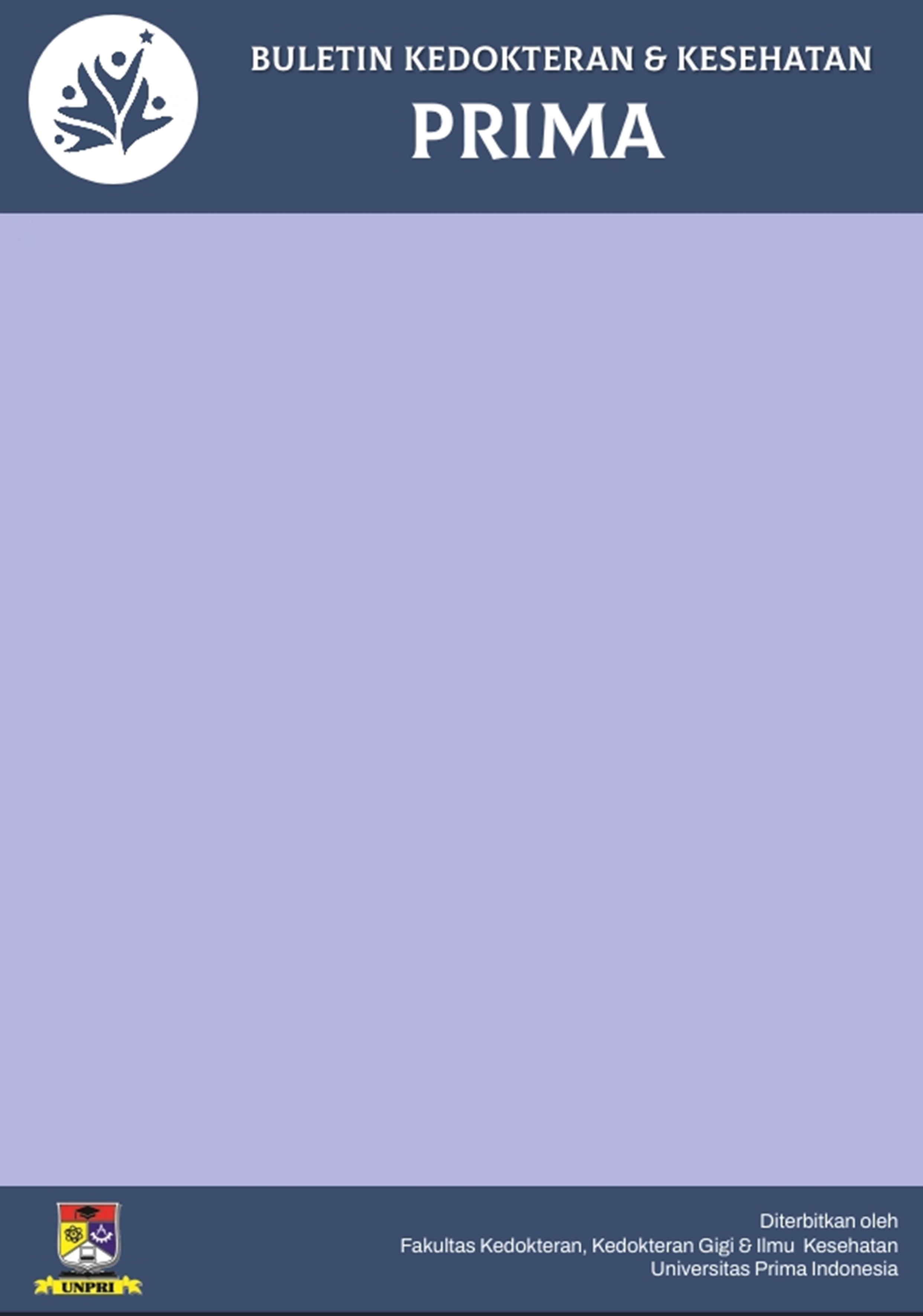Abstract
Fever is characterized by an elevation of body temperature above the normal range of 37.5°C and represents a physiological response to various health conditions such as infections or other diseases. Antipyretic drugs, including paracetamol and ibuprofen, are commonly used to manage fever. Ethanol extract of Hibiscus rosa-sinensis L. (kembang sepatu) leaves contains bioactive compounds such as tannins, flavonoids, saponins, carbohydrates, steroids, phenols, glycosides, quinones, terpenoids, cyclopeptides, and alkaloids, which may confer natural antipyretic properties. In this study, 3% and 5% (w/w) Hibiscus rosa-sinensis leaf ethanol extracts were formulated into transdermal patches and evaluated for their antipyretic efficacy in male rats induced with the Diphtheria-Pertussis-Tetanus (DPT) vaccine. The dried Hibiscus rosa-sinensis leaves were macerated using 96% ethanol. The concentrated extract was formulated into a hydroxypropyl methylcellulose (HPMC)-based transdermal patch. Phytochemical screening of the extract, stability testing of the transdermal patch, and statistical analysis of the antipyretic effect on DPT-induced male rats were conducted. Phytochemical screening of the 96% ethanol extract confirmed the presence of alkaloids, flavonoids, tannins, steroids, and saponins. The transdermal patch formulation demonstrated good stability over 21 days of storage. The 5% extract patch exhibited the highest antipyretic activity, significantly reducing fever in the experimental rats and showing effectiveness comparable to the positive control (paracetamol).

This work is licensed under a Creative Commons Attribution-NonCommercial 4.0 International License.
Copyright (c) 2025 Nessya Try Natasya Br Ketaren, Astriani Natalia Br Ginting, Rena Meutia, Asyrun Alkhari Lubis
